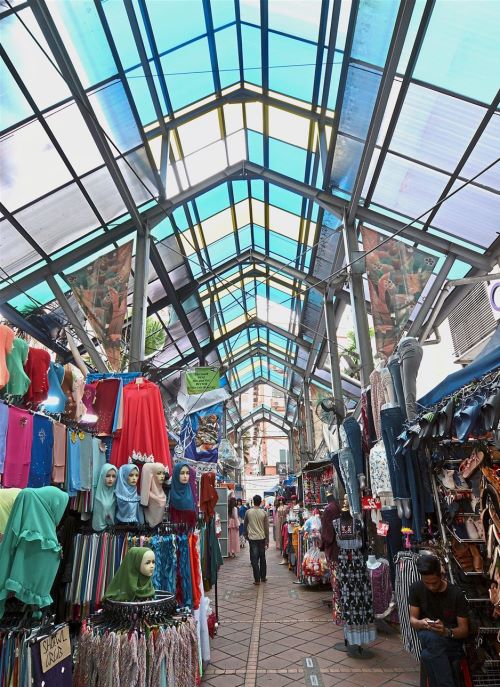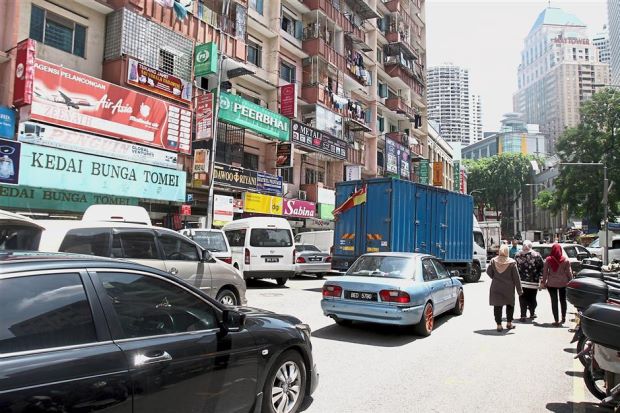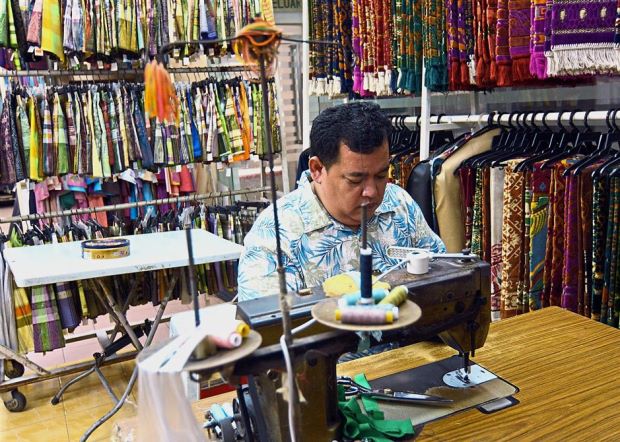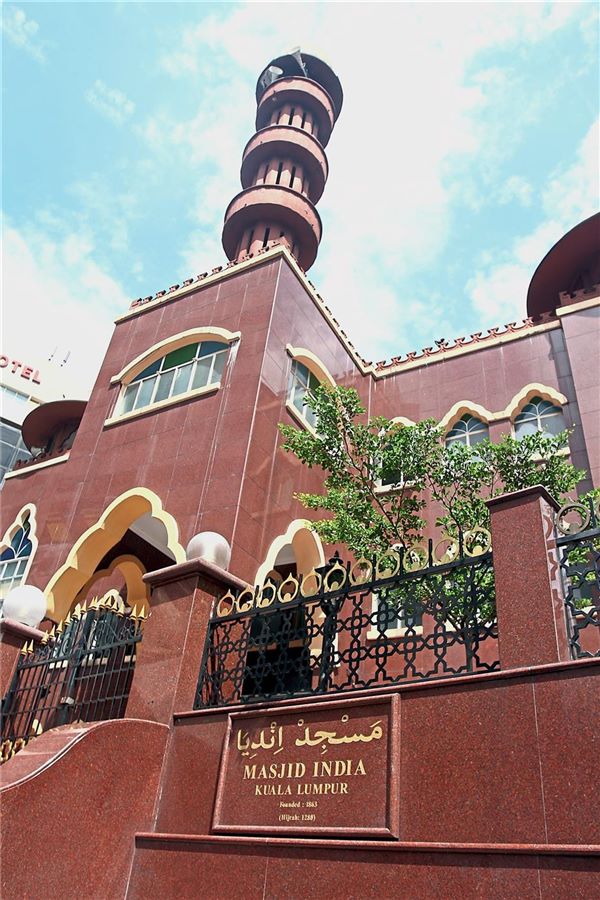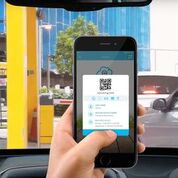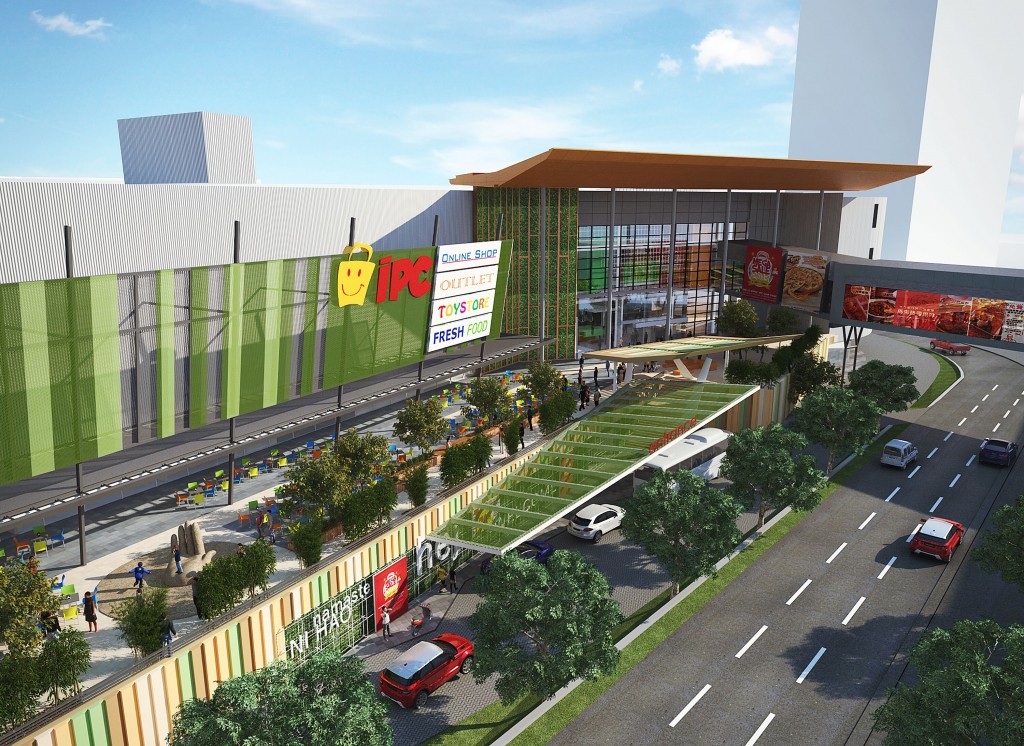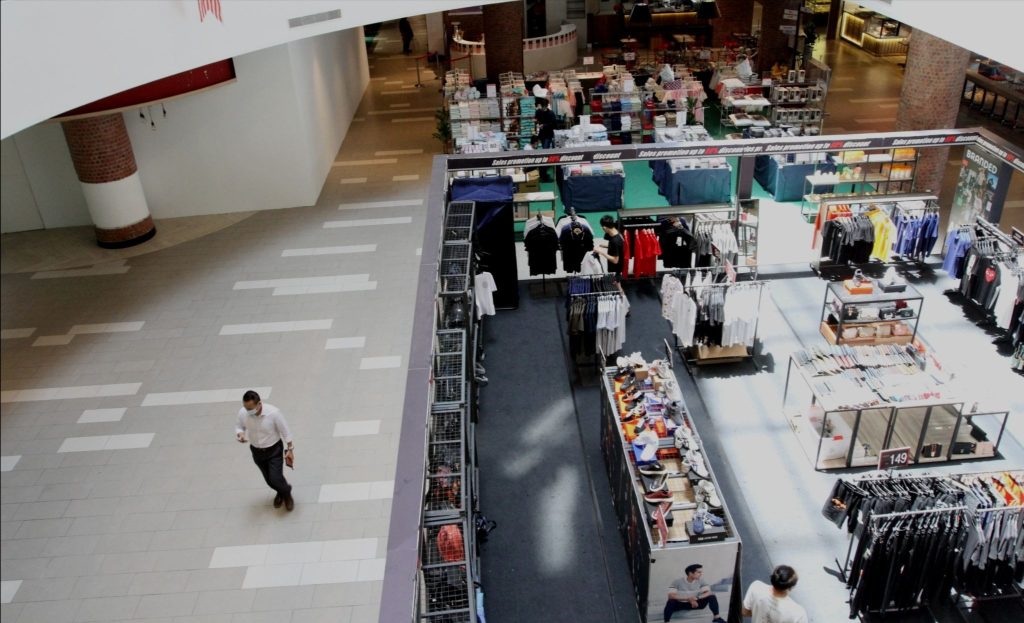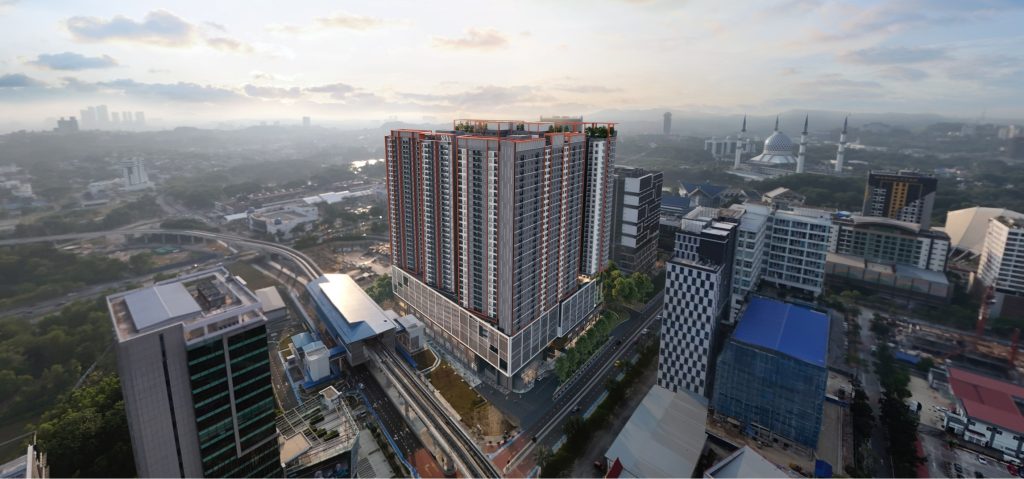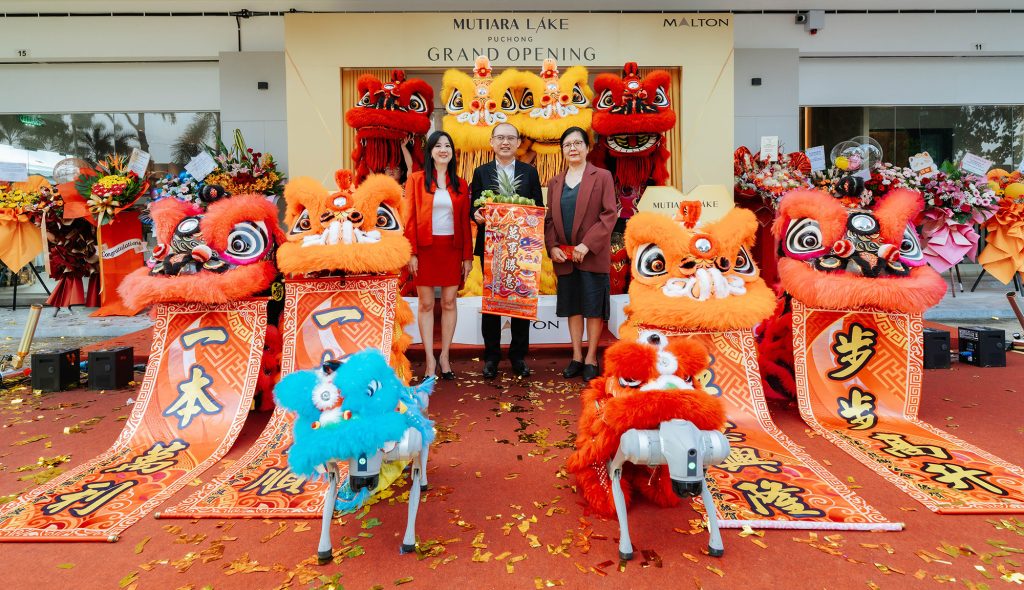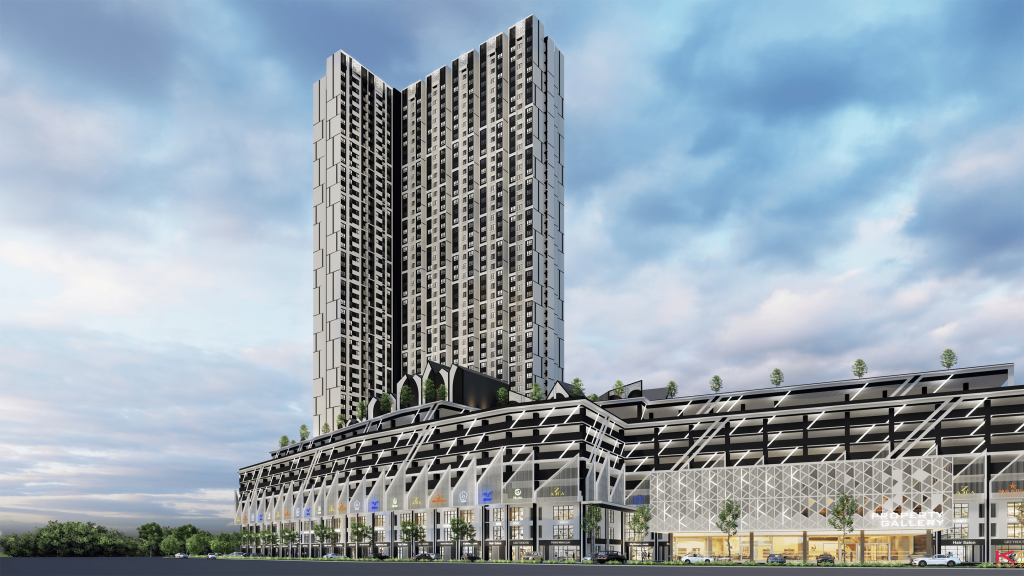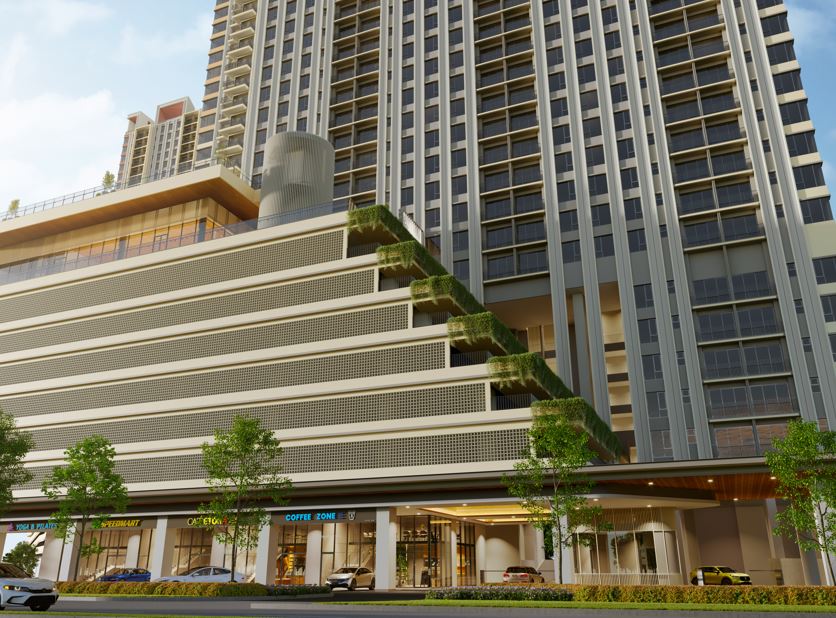BY BAVANI M
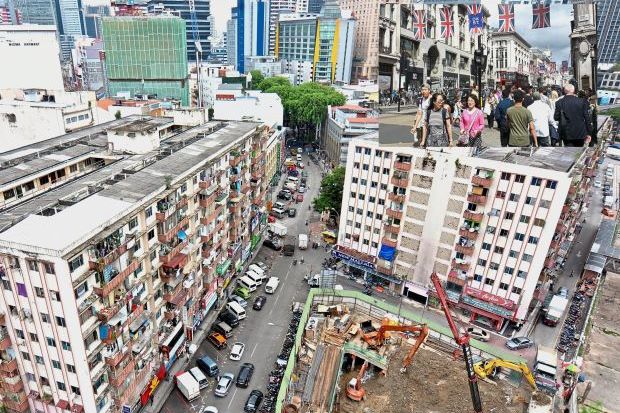
A wave of change: An aerial view of Jalan Masjid India which is set to change soon. (Inset) Oxford Street is a popular shopping destination for tourists in London.
THE popular Jalan Melayu Bazaar in Masjid India, Kuala Lumpur will soon be demolished to make way for a modern bazaar with an open concept.
The entire area will undergo a major overhaul to transform it into a shopping destination similar to London’s Oxford Street.
Mayor Datuk Seri Amin Nordin Abd Aziz said at first he wanted to retain the bazaar but after a site visit to the area, he felt that the place was ageing and looked shabby.
“I decided that the bazaar must go and be replaced with a modern concept that is open and bright, something akin to the push cart kiosk that can be moved around,’’ he said.
He also said the whole area would be fully pedestrianised with new tiles.
Although the project was mooted six years ago, it was placed on the back burner due to disagreements between the bazaar traders and owners of shops located around it.
The project is behind schedule as traders refused to move out to allow upgrading works to take place while owners were not willing to let them trade in front of their shops.
The proposed modern bazaar to replace the one in Jalan Melayu is part of Precinct 7 of the River of Live (RoL) project that also involved the Dataran Merdeka stretch and Lorong Tuanku Abdul Rahman.
Amin Nordin said the Masjid India area had great potential to become a vibrant hub for visitors from all over the world.
In fact, traders in the 1900s arrived in small boats from Indonesia and docked at the confluence of Sungai Klang and Sungai Gombak to sell their wares.
Ever since the Jalan Melayu Bazaar was launched in 2004, the blue-and-green structure had been a subject of controversy.
It was built at a cost of RM10.2mil by the Kuala Lumpur City Hall (DBKL) as part of the upgrading and beautification of the commercial hub.
Back then, the Masjid India Action Committee, comprising business proprietors, shopkeepers and traders complained that entrances to their shops were blocked by the bazaar, affecting their business.
The Masjid India mosque committee also said that the structure blocked the entrance to the mosque, inconveniencing worshippers.
Following the complaints, DBKL had dismantled three of the pillars and parts of the poly-carbonated roof fronting the mosque.
Now, DBKL will demolish the structure for good.
Bazaar traders not budging
Amin Nordin said a compromise was needed between traders and shopowners so that the project would not be delayed further.
“The major issue we are facing is the refusal of traders to relocate to allow contractors to start work,” Mohd Amin said.
The project that began on Dec 9 last year, he said, was scheduled for completion on Dec 6 next year but if a solution is not reached by the parties concerned there could be a delay.
“Bazaar traders don’t want to budge, shoplot owners on the other hand don’t want them to block their entrances.
“We have been engaging with them via focus group meetings but no one wants to compromise,” said Amin Nordin.
DBKL Project Management executive director Datuk Mahadi Che Ngah has been tasked to manage the situation.
The mayor added that existing plans required the closing of several inner roads from 10am to 10pm.
He pointed out that carrying out construction work in a congested city was challenging.
“We have to look at traffic flow and provide an alternative route for pedestrians.
“Contractors need to plan ahead when transporting materials to the site and when doing work to minimise any inconvenience to the public,” he said.
Another major challenge are the underground utility cables belonging to Syarikat Bekalan Air Selangor Sdn Bhd, Tenaga Nasional Bhd and Indah Water Konsortium Sdn Bhd.
This had caused delays in other RoL project sites too.
“The problem with Kuala Lumpur is that the city does not have a proper underground mapping archive. So when we don’t know where the utility lines are going to be, we have to take a guess and usually, we get it wrong,” he said.
The good news is that once the project is fully completed, DBKL will have a complete underground mapping system for the area which will be shared with other agencies.

